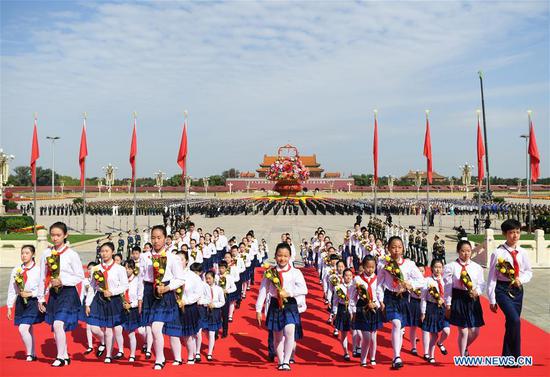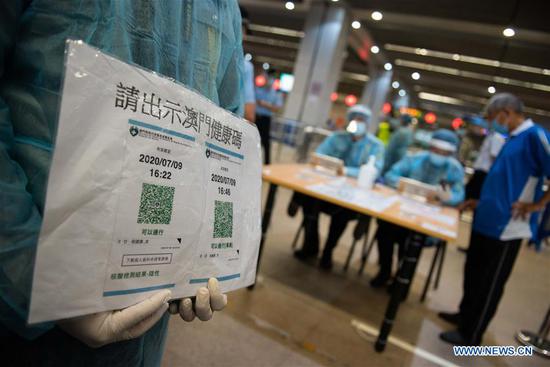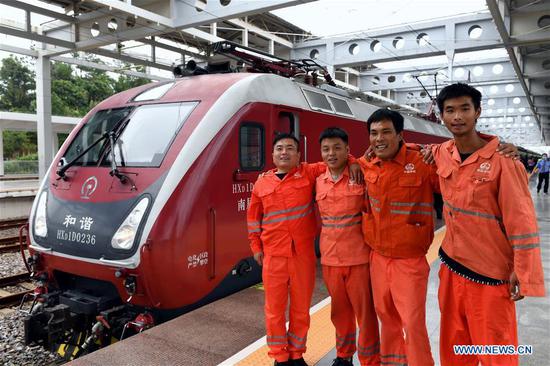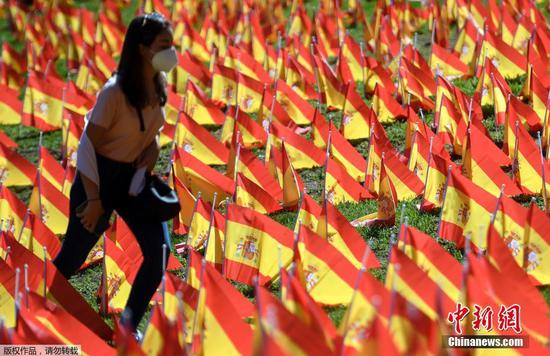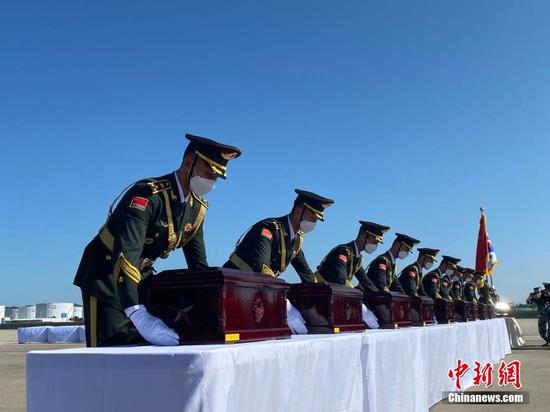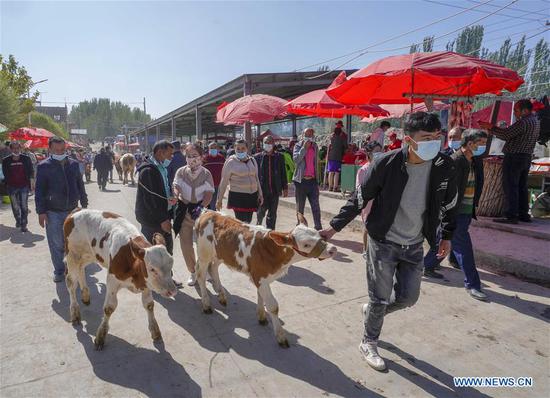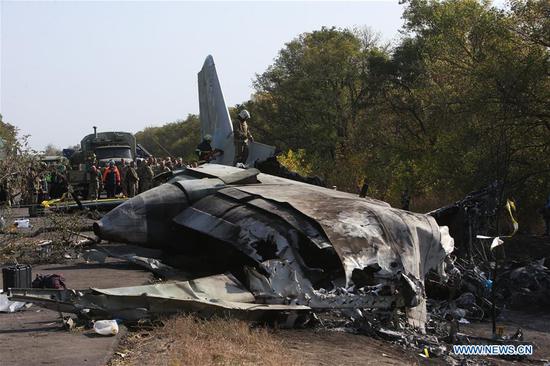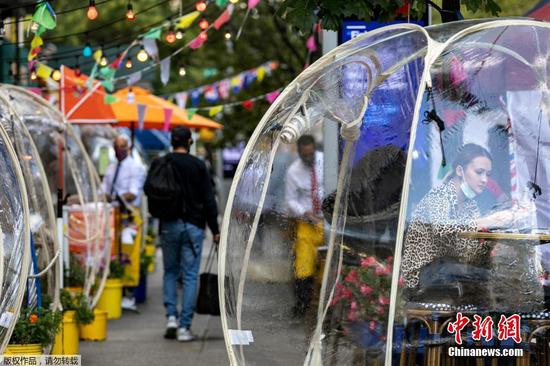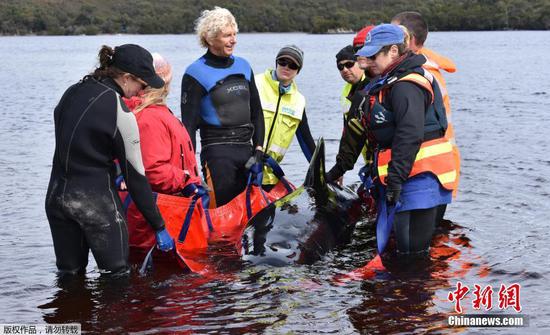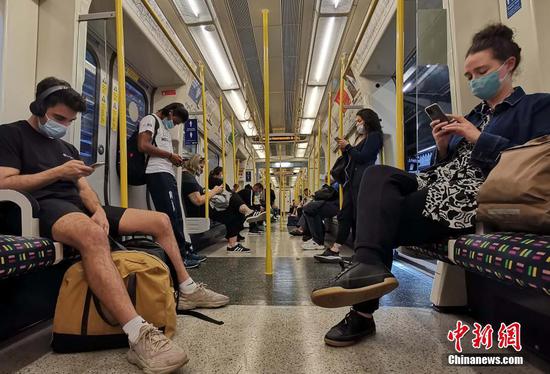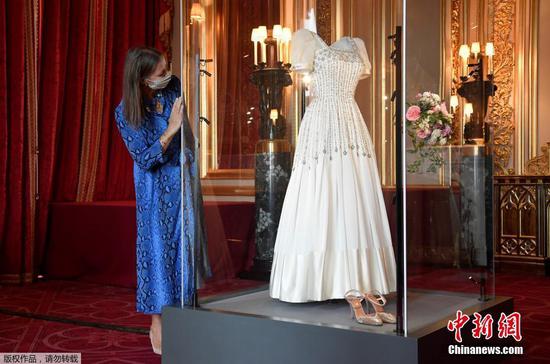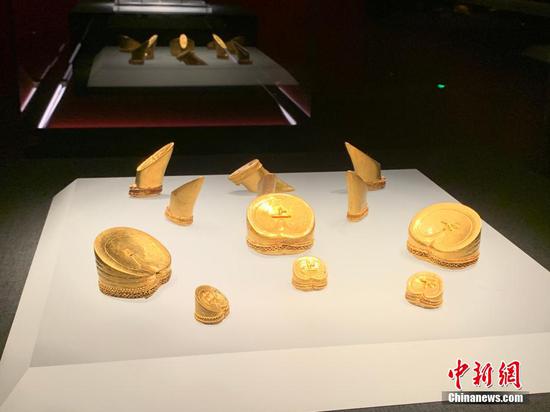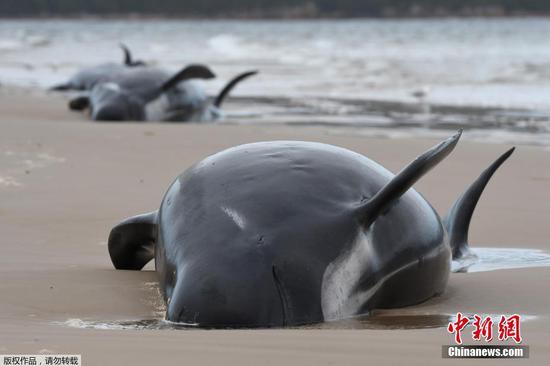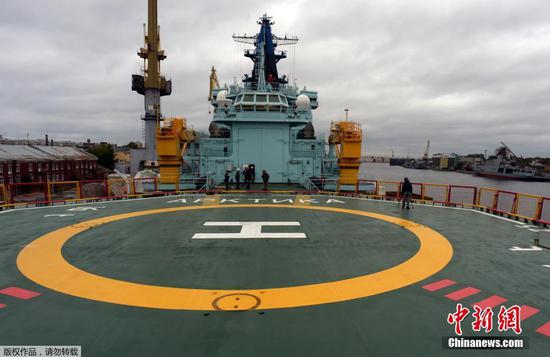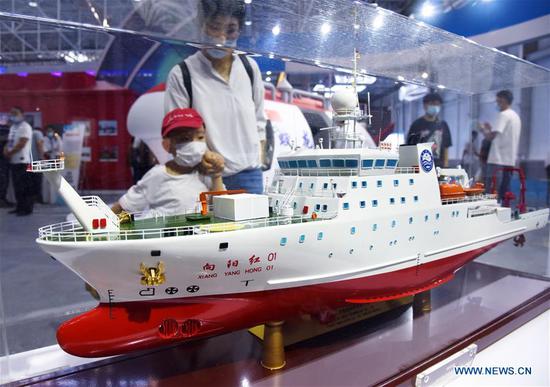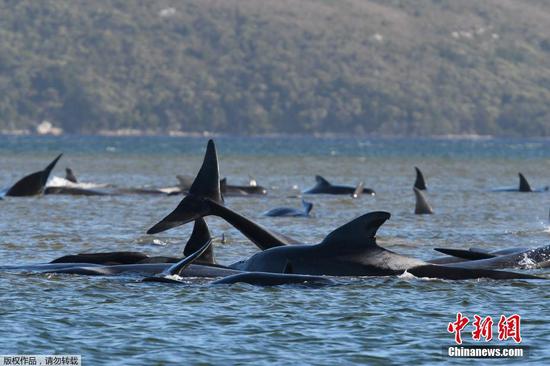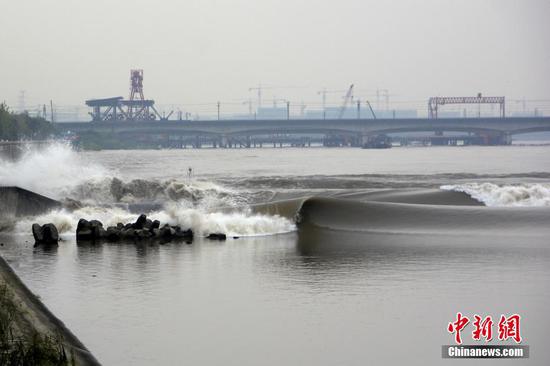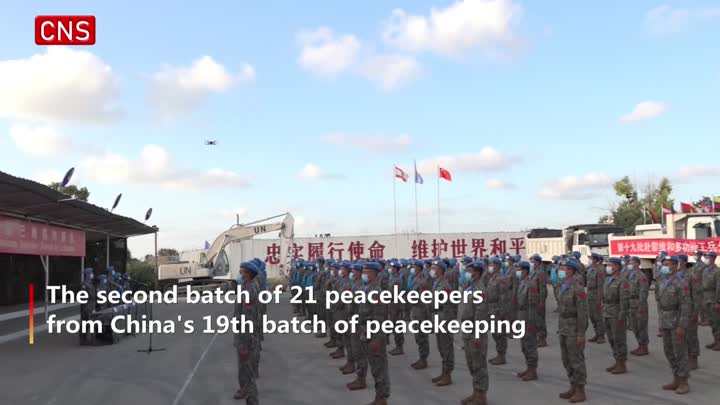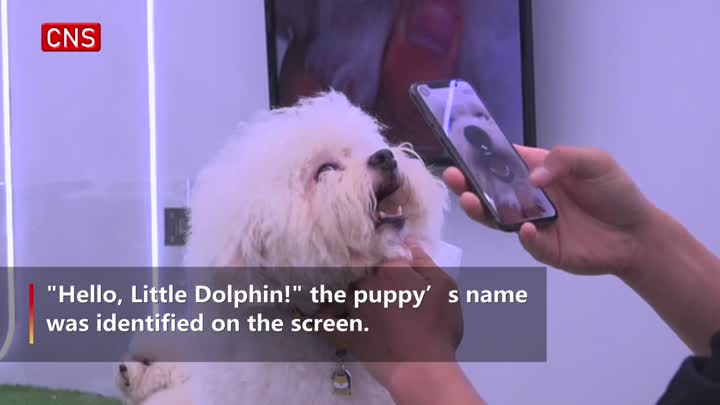After three days of debate, the extradition hearing for Meng Wanzhou, Huawei's chief financial officer, wrapped up Wednesday with the Supreme Court of British Columbia judge reserving judgment on whether to allow Meng to get more evidence disclosure from US and Canadian authorities to support her fight against extradition to the United States.
Meng is accused of misrepresenting Huawei Technologies' relationship with tech firm Skycom in a PowerPoint presentation to British bank HSBC in 2013, and allegedly putting the bank at risk of violating US sanctions against Iran. Meng has denied the charges.
One of Meng's lawyers, Scott Fenton, argued Monday that the US had cherry-picked information in its effort to show that Meng had "misled" HSBC. On the contrary, he said, Meng is the victim of an abuse of legal process.
Associate Chief Justice Heather Holmes was considering whether to proceed to a three-week hearing starting in February to examine allegations of abuse of process related to Meng's arrest.
Holmes is also expected to hear arguments then about whether US President Donald Trump's comments on the case constitute political interference and whether Meng's arrest and detention in Canada were conducted lawfully.
On Tuesday, Robert Frater, Crown prosecutor and lawyer for Canada's attorney general, accused Meng's defense team of trying to turn her extradition hearing into a "trial", calling the new information that Meng is trying to introduce "irrelevant" and "inadmissible" in an extradition process.
"It falls to you to try to keep these proceedings on the straight and narrow," Frater told Holmes. "You should stop this application here and now."
In response to the prosecutor's appeal, defense lawyer Frank Addario told Holmes on Wednesday that Frater's statements should not inform the judge's approach to Meng's case because it "is not a garden-variety case".
Addario again argued the points emphasized by Fenton on Monday that the US record of the case — a collection of evidence of the allegations against Meng — is flawed and brings into doubt the trustworthiness of information given by US and Canadian authorities.
"We are saying that what the United States did include (in the record of the case) is fundamentally inaccurate, and what the United States did omit was central to the deception of what the requesting state (the US) alleged the applicant (Meng) did commit," said Addario.
Addario said that regardless of what Frater said about Meng's presentation to HSBC being deceptive about business dealings in Iran in order to maintain a banking relationship, the fact that Meng clearly outlined Huawei's role in Iran means there can be no causality on Meng for HSBC's dealings with Huawei and the bank processing Huawei's proceeds in Iran through the US banking system.
The next court hearing date is expected to be scheduled for Oct 26, and no final decision is expected on Meng's extradition until early 2021.










